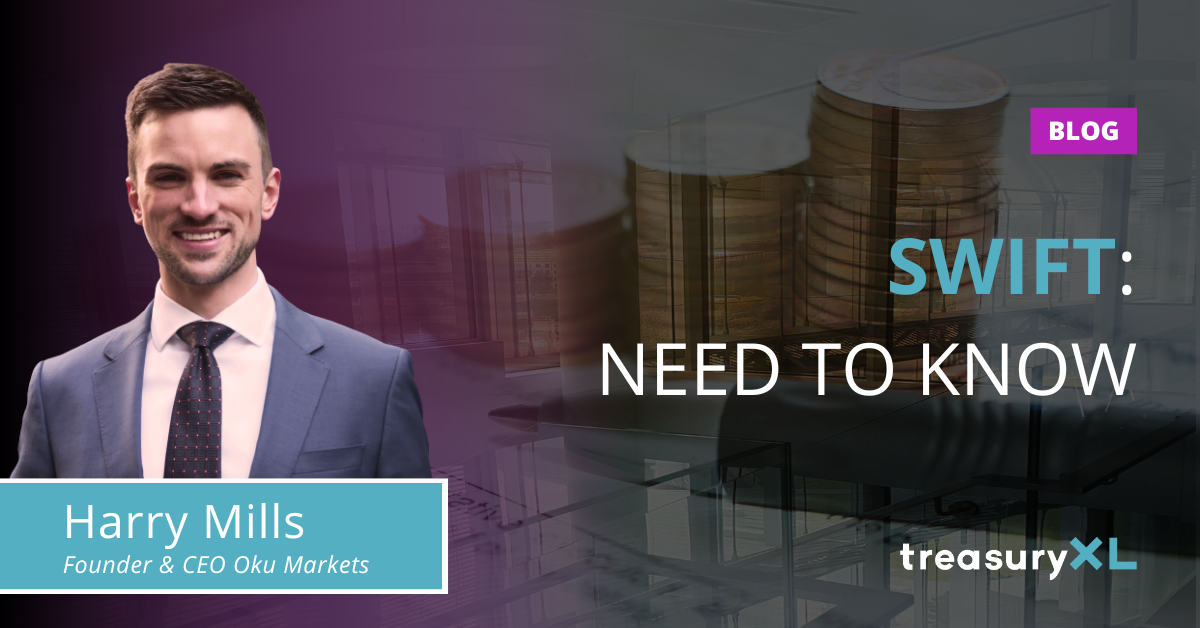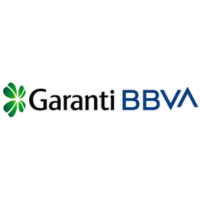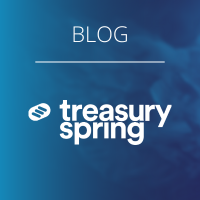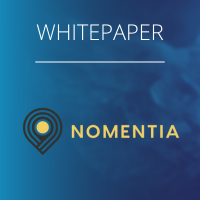SWIFT, the Society for Worldwide Interbank Financial Telecommunications, is a member-owned global cooperative providing secure financial messaging services. When you initiate an international payment you’re likely paying by the SWIFT network. In this article, we’ll look at the basics you need to know when dealing internationally!
Source: Oku Markets
Get the Message
The SWIFT network allows members to send secure messages to one another about transactions. SWIFT doesn’t provide accounts, nor does it accept or receive funds – the process of crediting and debiting bank accounts is a separate process which well look at later!
When making a SWIFT payment you need to reference the SWIFT/BIC Code, a unique code assigned to each SWIFT member containing 8 or 11 alphanumeric characters:
- Bank Code (XXXX)
- Country Code (XX)
- Location Code (XX)
- Brance Code (XXXX)
An example is Barclays UK SWIFT code BUKBGB22, where BUKB represents Barclays, GB is the country code, and 22 is the head office identifier.

Speed, Costs, and Tracking
SWIFT payments are usually very fast, settling on the same day or up to two days. It is common for transactions to incur a charge, especially if an intermediary bank is involved. The options for how to deal with these charges are:
- Shared (SHA): intermediary bank charges are deducted from the payment amount
- Ours (OUR): intermediary bank charges are paid by the payer
Sending payments as Charges Shared is the most common approach and will be far cheaper (or free) compared to sending Charges Ours.
Delays can occur, and mostly happen because of national holidays or incorrectly inputted beneficiary bank details, such as the SWIFT code or account holder’s name.
SWIFT payments are traceable meaning that it’s possible to determine the status of any transfer and identify any delays along the way.
The Oku Markets platform allows clients to download SWIFT MT103 (funds transfer instruction) message copies which can be sent to a beneficiary as evidence of a payment being made or, to help a beneficiary bank with the allocation of funds.
Harry Mills, Founder & CEO Oku Markets
Nostro & Vostro
SWIFT messages contain instructions about transactions, so how does the money actually move from one bank account to another?
Funds are deposited in accounts that banks hold with other banks for the purpose of making and receiving international transactions. These accounts are called Nostro/Vostro accounts, with the names coming from the Latin words for Ours and Yours.
- Nostro account: an account that a bank holds on the books of a foreign bank
- Vostro account: an account that a foreign bank holds on a bank’s books
Example: Barclays has a USD account with Citi in New York – this is Barclays’ Nostro account and, from Citi’s perspective, their Vostro account.
When two SWIFT member banks have a direct commercial relationship, the Nostro/Vostro account balance is updated with each SWIFT transaction. Where there is no direct relationship (i.e. no accounts held between each party), an intermediary bank(s) is used, also known as a correspondent bank.
Need help?
It is essential to have a reliable and secure payment platform if you perform international payments frequently. If you need help with international payments, the payment platform of Oku Markets can be of service.
If you would like a review of your currency processes and want some suggestions, feel free to get in touch with me.
Thanks for reading!
Harry Mills, Founder at Oku Markets












